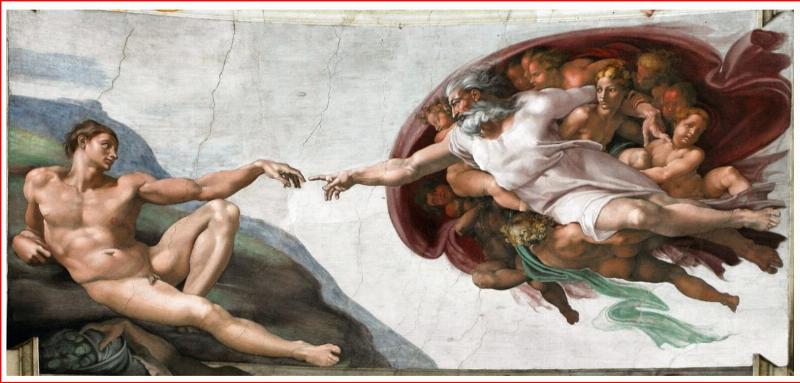


Consciousness is the only known phenomenon in the universe that observes itself.
It does so from within itself.
This fact is the one that the experts cannot explain in physical terms, and will never do so, because consciousness cannot be merely physical. It requires something more, something that no computer can ever have.
It is important to recognize that, whereas the outward form of consciousness can be measured by medical science, the inward experience of consciousness cannot.
Indeed, there is no completely satisfactory definition of inward consciousness.
As is consciousness itself, all definitions of consciousness are recursive. They use various synonyms of consciousness to define it. It is the property of being aware of one's own awareness. It is useless to define a word by using the word itself.
Attempting to find consciousness in the brain is like trying to find music in a violin. Music requires a composer to write it, a musician to play it, and a listener to appreciate it.
The brain is the instrument of thought, not its source. Damaging the brain can damage consciousness, just like damaging the violin can decrease its usefulness as a musical instrument, but the violin is not the music itself.
Physical science is a wonderful tool for understanding the physical world, but the adage is apt: When one’s only tool is a hammer, every problem is seen as a nail. Physical science is not the problem, physicalism is. Scientists sometimes are. Physicalism involves the circular reasoning which says that everything in physics can be explained by physics.
The fact of consciousness breaks that circular trap. While physicalists might say that consciousness is an illusion, they cannot define what it is that is having that illusion. Can an illusion have an illusion?
In order to begin to understand consciousness, one must place it in its natural context. It is part of the triunity of life, consciousness and free will.
Life is not the chemistry that biologists study, it is the elan vital, the life force, which arranges chemicals into living creatures. That life force is why living creatures become conscious. Human consciousness is unique in the physical world, because it can exercise independent agency, free will. Our free will is the ability to make moral decisions, decisions that the physical principle of cause-and-effect would otherwise prevent.
Free will is why we are accountable for our deeds. Without it, we would be helpless observers of our own lives, but not active participants.
There is more.
The very existence of the physical universe requires a creative force. That creative force does not merely say, “Let there be,” it also organizes what otherwise would remain “formless and void,” into an intricately designed, coordinated and finely tuned symphony of natural law.
It is that creative force which breathed its divine life into the first man, and which we all have inherited as a free gift, to do with as we will, whether for good or evil.
Good and evil have no physicalist definition. A purely physicalist science says that they do not exist, that they are merely the subjective and tentative opinions generated by purely physical neurons. They are, in physicalism, as illusory as music would be were there no soul underlying it.
An enormous avalanche of physical evidence is increasingly being recognized by a new generation of scientists, which is leading inexorably to the conclusion that you are not your DNA. Indeed, DNA is now known not to be the blueprint of your body, as geneticists once claimed it was. It merely codes for proteins, the building blocks, so to speak, of living creatures. Even so, DNA is a miraculous molecule, within which are written incomprehensibly complex instructions, more complex than any computer could ever execute.
Why it is that some of your cells become bone cells, some become brain cells, and so on for every tissue of your body, is a complete scientific mystery. Not even DNA can explain it.
It is one of a myriad of mysteries that are forever beyond the ken of physicalism. It is time for physical science to turn the page. A good place to begin would be Genesis 1:1.
Image: Pixabay / Pixabay License
